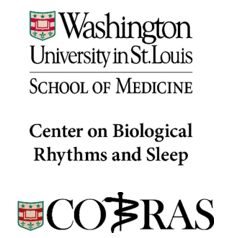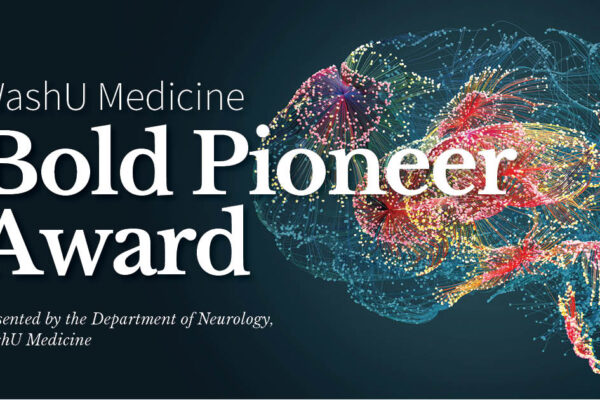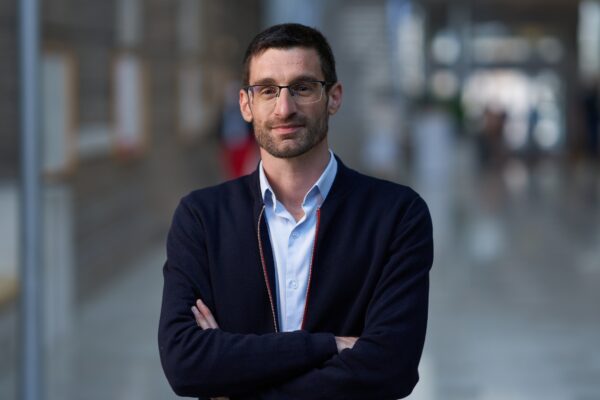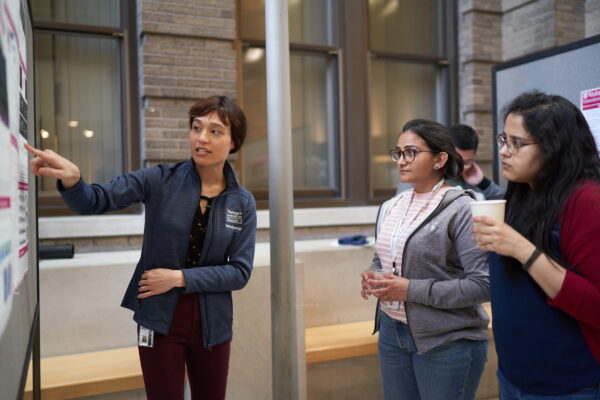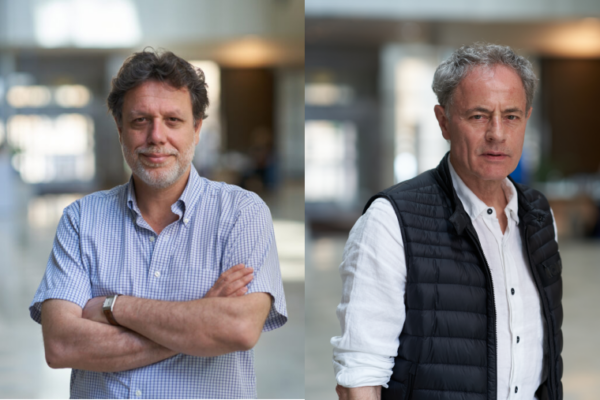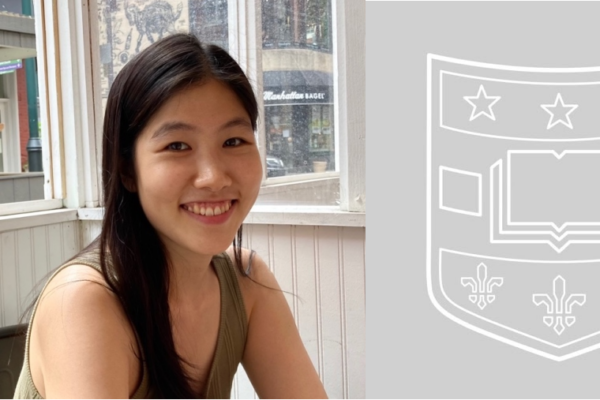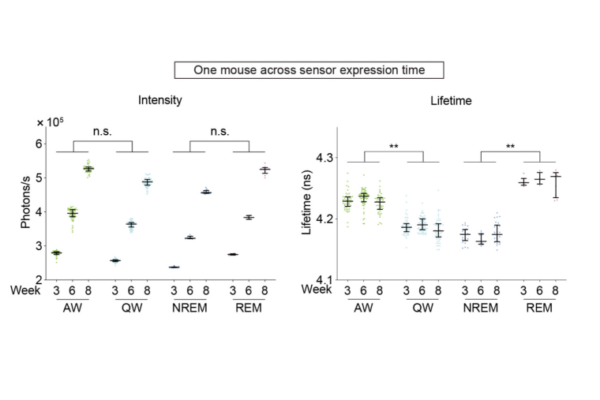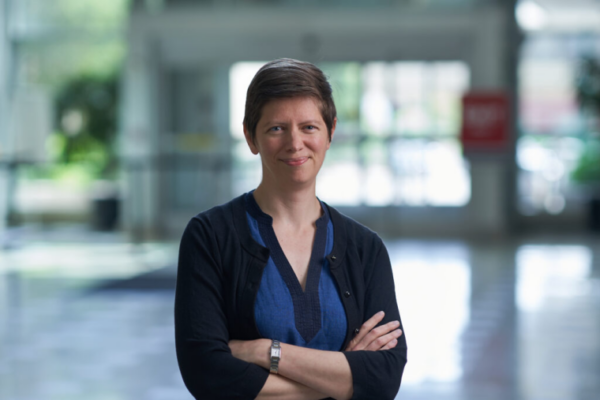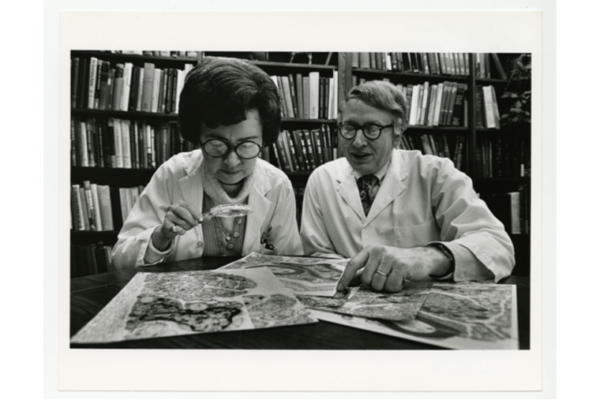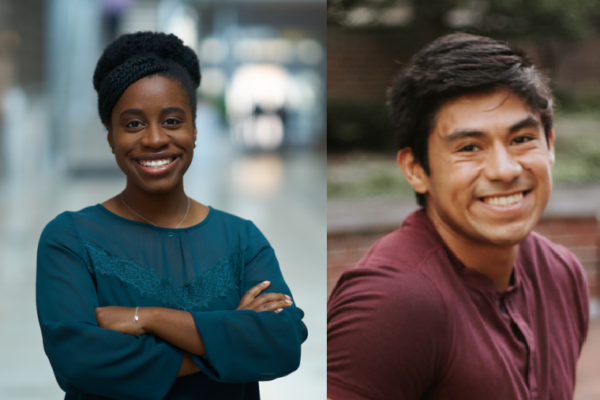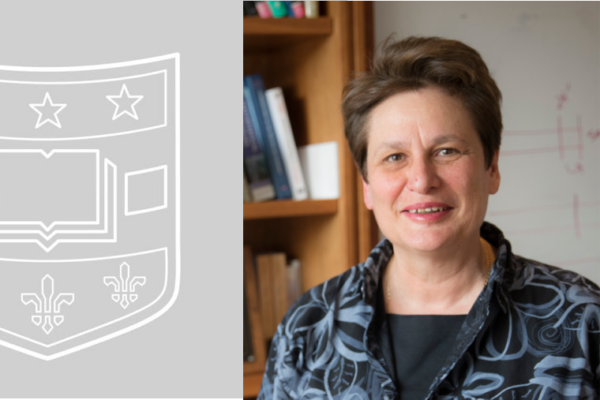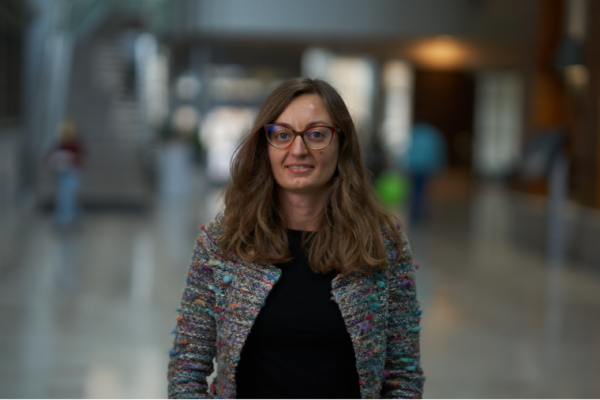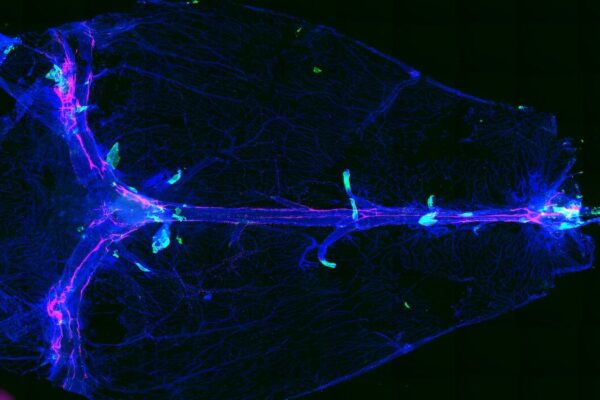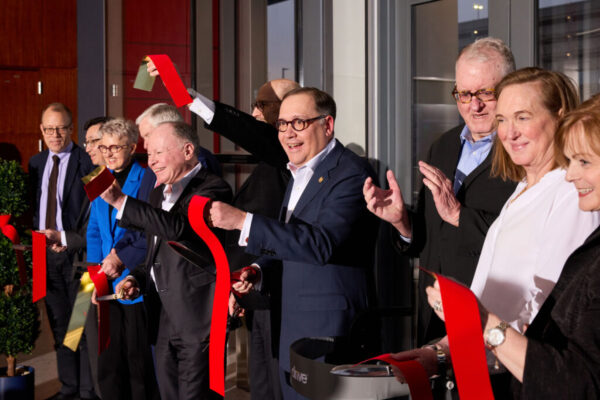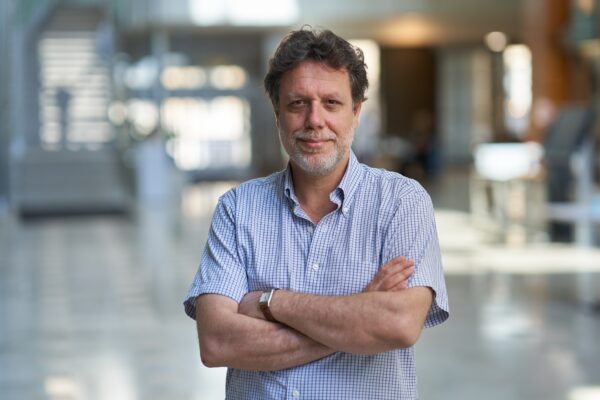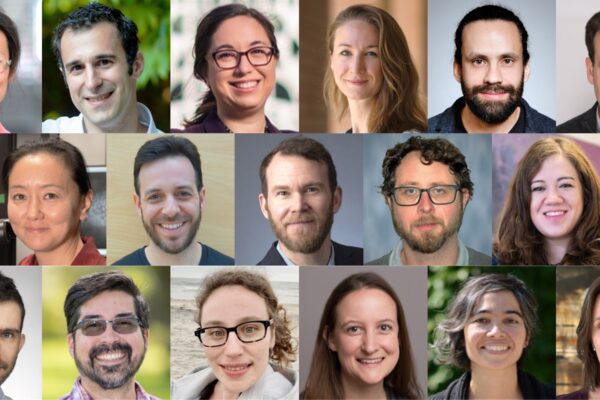Learn about the latest news and events going on in the department. You can also follow us on Twitter (@WUSTLneurosci).
David Kim to receive Feldman Fellowship Award at COBRAS 3rd Annual Symposium
On Thursday, June 6th, David Kim, an undergraduate researcher with the Chen Lab, will be awarded the 2024-2025 COBRAS Feldman Fellowship to conduct research on sleep regulation and functions.
Now accepting applications for WashU Medicine Bold Pioneer Award! (Links to an external site)
The goal of the $10,000 WashU Medicine Bold Pioneer Award is to recognize and encourage early career investigators who have demonstrated bold, pioneering research that is high-risk by virtue of being fundamentally different from standard approaches. The intent is to encourage scientific research investigators to challenge status quo approaches by developing fundamentally different methods, approaches, […]
Thomas Papouin receives 2024 Dean’s Impact Award (Links to an external site)
Papouin, an Assistant Professor of Neuroscience, is acknowledged for his extraordinary efforts in guiding the career development of trainees.
Applications open for Computational Neuroscience Next Generation Symposium (Links to an external site)
Graduate students and postdocs are invited to apply for this opportunity to present your research and connect with our thriving computational and theoretical neuroscience community.
Camillo Padoa-Schioppa and Andreas Burkhalter elected to AAAS (Links to an external site)
Professors Burkhalter and Padoa-Schioppa are selected as fellows of the American Association for the Advancement of Science.
Hayoung Song to join WashU as CTCN Fellow
Song, who is completing her PhD at the University of Chicago, will focus on developing a computational understanding of high-level cognition.
WashU among top 10 academic institutions from Nature Index (Links to an external site)
The global rankings reflect research publication output in the health sciences.
Fluorescence lifetime imaging captures neuromodulator dynamics at multiple time scales
A new study from Yao Chen’s lab reveals that some fluorescent-intensity–based sensors also show fluorescence lifetime responses, expanding observations of neuromodulator activity over time and distance.
Tiny tweaks to neurons can rewire animal motion (Links to an external site)
Read Dr. Martha Bagnall’s comments in Quanta on a new study capturing the role of a potassium channel in the rattlesnake’s rattle.
Mary Bartlett Bunge, 92, Dies; Pioneer in Spinal Injury Treatment (Links to an external site)
New York Times obituary of former Washington University professor Dr. Mary Bartlett Bunge
Congratulations to Kia Barclay and Saul Bello Rojas, finalists for the 2024 O’Leary Prize (Links to an external site)
The award acknowledges the most original and important accomplishments in Neuroscience research at WashU by a predoctoral student or postdoctoral fellow.
Catherine Dulac, PhD, to present 41st Mildred Trotter Lecture
At this event, which recognizes International Women’s Day, Dulac will present her latest findings on the neural underpinnings of social isolation and sickness behaviors.
Gaia Tavoni, PhD, awarded Sloan Research Fellowship (Links to an external site)
Assistant Professor Tavoni studies how information is encoded and processed in neural networks and the mechanisms that optimize these functions.
Key regulator of decision-making pinpointed in brain (Links to an external site)
Findings shed light on mental illnesses, including obsessive-compulsive disorder, anxiety
How does waste leave the brain? (Links to an external site)
Professor Krikor Dikranian and Assistant Professor Peter Bayguinov among authors of new study in Nature describing a route that serves as a passageway to clear fluid waste from brain.
Newly opened Jeffrey T. Fort Neuroscience Research Building dedicated (Links to an external site)
Celebration signals ‘new era for medical science’
Camillo Padoa-Schioppa: Value in the brain, orbitofrontal cortex, and causality in neuroscience (Links to an external site)
Listen to Professor Padoa-Schioppa discuss his training and research on the BJKS Podcast.
Scialog: Molecular Basis of Cognition Funding Awarded to 7 Research Teams (Links to an external site)
Assistant Professor Yao Chen received two awards for collaborative projects to advance understanding of the molecular or mechanistic processes that underlie memory and cognition.
